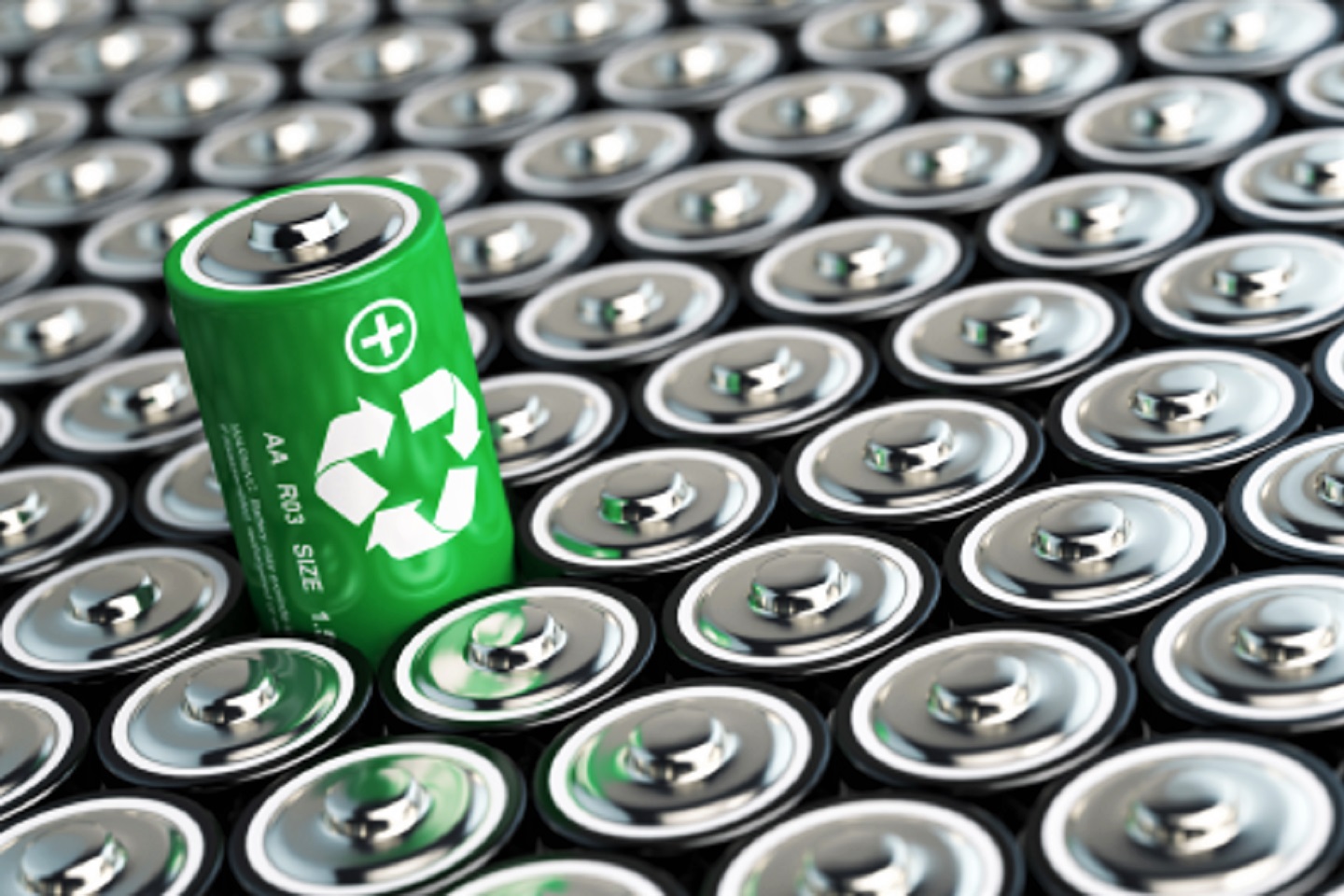ASX-listed Lithium Australia’s subsidiary Envirostream Australia has received what could potentially be a massive boost in battery “feed” for its recycling facilities in Victoria after the ACCC gave the Battery Stewardship Council the nod to manage a national levy scheme for the collection of end-of-life batteries.


ASX-listed Lithium Australia’s subsidiary Envirostream Australia has received what could potentially be a massive boost in battery “feed” for its recycling facilities in Victoria after the ACCC gave the Battery Stewardship Council the nod to set up and manage a national levy scheme for the collection of spent or end-of-life, or “EOL” batteries.
The BSC has been granted authorisation for the implementation of an industry-led stewardship scheme – covering all batteries except lead-acid batteries – that is being established with the aim of significantly increasing the recycling of batteries and seriously decreasing the practice and volume of landfill disposal of toxic batteries in Australia.
According to Lithium Australia, the initial five-year scheme will impose a levy on all batteries at their point of sale, with the funds generated used to subsidise their collection and recycling.
The Perth-based company says keeping as many spent or end-of-life batteries out of landfill as possible will lead to more battery material being diverted to Envirostream’s Melbourne mixed-battery recycling plant for processing.
Lithium Australia Managing Director, Adrian Griffin said:
"As Australia’s only mixed battery recycler, company subsidiary Envirostream Australia is well placed to capitalise on the scheme. The levy on batteries will commoditise EOL batteries, currently considered waste material, and the value created will be a strong incentive to divert them from landfill.”
“We are anticipating a significant increase in feed material for Envirostream, and the more it gets the greater the benefit for the environment. The scheme should encourage more sustainable use of critical materials used in the manufacture of batteries, reducing reliance on primary production which, in some cases, relies on child labour and supply from conflict zones.”
The new national battery stewardship scheme will be funded by an annual levy on battery imports and a system of rebates to accredited collectors and recyclers who will be required to meet safety and fire standards.
Australia imports more than 900 million equivalent battery units – equivalent to a small AA battery – each year and its recycling rate for end-of-life batteries in Australia is only 10 per cent, according to the BSC. It pointed out that the best rates for developed countries were above 70 per cent hinting at the huge upside potential for Envirostream’s recycling plant.
BSC Chairman, Gerry Morvell said:
“Battery stewardship will ensure that all end-of-life batteries have a recognisable pathway from home, office or workplace to an accredited domestic recycler.”
The final step in development of the scheme is the operational design phase, which includes development of detailed guidelines and procedures as well as working arrangements for the battery tracking system, auditing, financial systems for the levy and rebates, and education and communications.
It is planned for completion next year, with the scheme expected to be implemented in the second half of calendar 2021.
The levy, which will be passed on through the supply chain to consumers in a transparent manner as a visible fee, will be calculated on the weight of batteries imported.
In the meantime, Lithium Australia has shored up its finances following a capital raise of $4.5 million, which it says will help commercialise Envirostream’s battery recycling business and develop its battery collection network.
Griffin said:
“The additional funds raised will allow all debt to be retired, improving the company’s balance sheet and accelerating the expansion of Envirostream, our battery recycling subsidiary. This comes on the back of the Australian Consumer and Competition Commission approving a national battery stewardship scheme to encourage battery recycling, which will provide greater opportunities for Envirostream.”
Lithium Australia, in the quest for the sustainable supply of energy metals to the battery industry, is looking create what it calls a circular battery economy and a big part of that circle is converting old lithium-ion batteries to new.
Is your ASX listed company doing something interesting? Contact: matt.birney@businessnews.com.au












